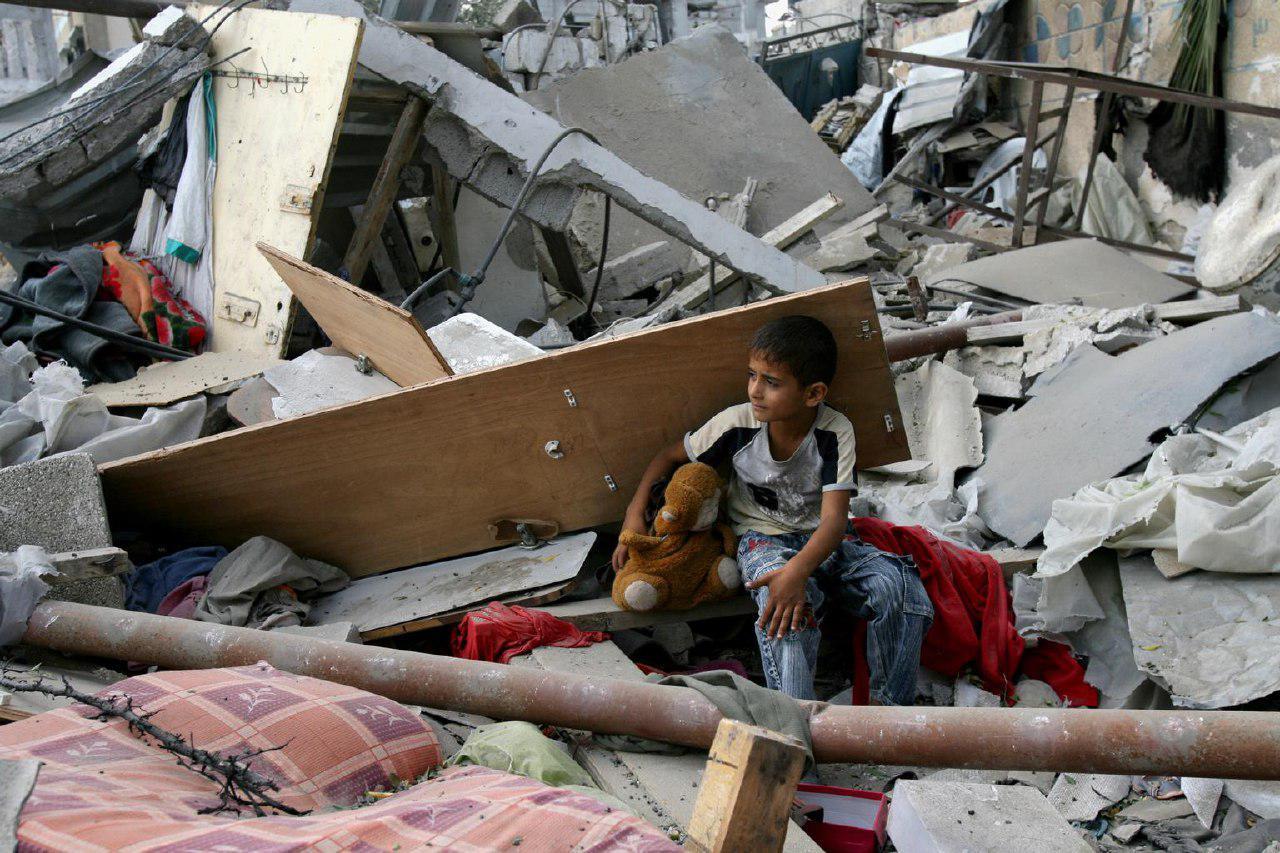UNITED NATIONS, June 12 (Xinhua) -- The United Nations on Monday urged protection of children in conflicts and disasters, making a strong call for the end of the scourge.
The United Nations International Labor Organization (ILO) warns children in areas affected by conflicts and disasters are among the most vulnerable, especially as children trapped in crisis risk falling prey to trafficking or being forced into hazardous work, on the World Day Against Child Labor.
"All children have the right to be protected from child labor," ILO Director-General Guy Ryder said in a statement on the World Day.
"Yet, around the world, there are still 168 million children in child labor. Eighty-five million of them are engaged in hazardous work," he added.
A significant number of the children are undertaking dangerous work, living in areas affected by conflicts and disasters and they are the focus of the 2017 Commemoration of the World Day, marked annually on June 12.
As the world strives to achieve the elimination of child labor by 2025, the UN underlines that conflicts and disasters have a devastating impact on people's lives.
They kill, maim, injure and force people to flee their homes; destroy livelihoods, push people into poverty and starvation, and trap many in situations without basic safeguard for their rights.
The first to suffer from human rights violations and abuses are often boys and girls. Their schools are destroyed and basic services are disrupted. Many children are internally displaced or become refugees in other countries, and are particularly vulnerable to trafficking and child labor.
"Today, we are facing the greatest refugee crisis for decades," said Ryder, referring to one of the main drivers of child labor.
Globally over 1.5 billion people live in countries that are affected by conflicts, violence and fragility. At the same time, around 200 million people are affected by disasters every year.
While a huge part of the world's responsibility to provide sanctuary and support to children and their families is shouldered by neighboring host countries, Ryder said much more needs to be done to share fairly the responsibility to protect refugees.
In his statement, he particularly called for support to those states on the front line in the affected regions, so that they can provide access to the labor market for adult refugees and access to education for their children.
